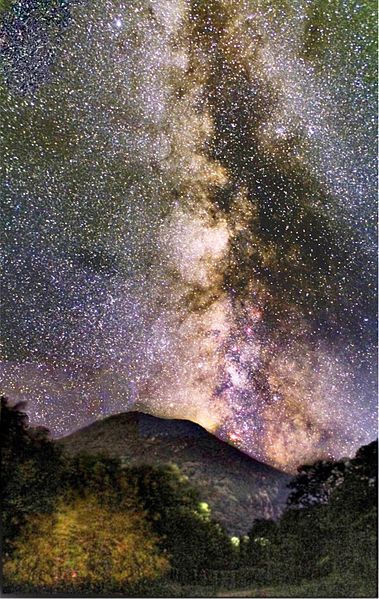THE THEOLOGICAL ENGINEER
"God in Light of Modern Cosmology"
The William Lane Craig/Sean Carroll Debate
By Jeff Laird

Thanks to Blogos reader aoflex for finding the link to the debate. You can watch it here.
Friday night featured a debate between philosopher-theologian William Lane Craig and physicist Sean Carroll, on the topic of "God in Light of Modern Cosmology". The premise of the debate was whether or not modern scientific understandings of the structure and history of the universe (Cosmology) support or discount the validity of Theism. In some sense, one could see this as a sister issue of the topic Ken Ham and Bill Nye were supposed to address in their recent debate.
In general, I was impressed with both speakers. I knew more or less what to expect of Craig, and he used exactly the two main points I anticipated. He was extremely specific in both terminology and reasoning, a huge advantage in debates, as it makes misrepresentation and side-steps harder. Craig maintained his typical laser-like focus on the specific question at hand, without being side-tracked. That being said, I would have preferred Craig to more directly defend his interpretations of various cosmological theories. Carroll disputed him on those points, but was met without much rebuttal. If Craig's going to bring them up, I'd like to see him take the ideas all the way.
I was not familiar with Carroll prior to this event, but came away with a very favorable impression. He not only handled himself well in the debate, but presented an affable approach which made it far easier to concentrate on his ideas, instead of wading through a tide of arrogant derision. Sadly, this is a trait lacking in most celebrity atheists: a simple recognition that the man on the other side of the platform is just as intelligent and rational as they are. Respect is about more than using low volume and calm tones. If science-minded atheists were more like Sean Carroll and Neil deGrasse Tyson, and less like Richard Dawkins and Sam Harris, both faith and science would be the better for it.
If Carroll showed any particular weakness, it was a general muddling of the topic at hand, in particular whether theism was a cosmological theory itself, or simply viable in light of cosmology. He also, I think, presented two large philosophical contradictions, which the time allotted didn't give either man much opportunity to tangle over.
So, from both entertainment and informative standpoints, the debate was a great success. Each side's ideas ought to provide ample food for thought. I know I'll personally be investigating several points on each side to learn more. And, I also plan to pick up Carroll's books. He seems a talented communicator, and very knowledgeable in his field. My one concern as I've learned more about him is his overt refusal to accept that science and religion can co-exist, a philosophical bias that has to be kept in mind.
William Lane Craig
Craig's core claim was that modern scientific knowledge does, in fact, support the concept of Theism. He was very careful – and very distinct – in stating that "Theism" was not a cosmological model itself. He was also clear that none of his arguments construed anything like "proof" of God. In other words, no one was proposing "Theism" as an alternative to, say, the Big Bang, or the multitude of theories Carroll mentioned. Instead, he was arguing that the very nature of those theories lend themselves to non-religiously-based principles which support the existence of a theistic God.
Craig used two main points: the Kalam Cosmological Argument and the Teleological Argument, specifically the fine tuning of the universe. In its simplest terms, the Kalam argument says the universe began to exist, which requires a non-caused agent, which would be God. Craig claimed that cosmology supports this idea, in particular that there was a "beginning" of the universe. He noted that all models of cyclical, eternal, or otherwise timeless universes fail on multiple levels, and none are considered remotely viable.
Craig also pointed to the balance and specificity of universal constants, known as the "fine tuning" argument. A tiny change in any of the many, many universal constants of physics would cause enormous changes to the universe, and render the universe incapable of self-aware organisms. These constants are not only independent of each other, but they have no basis in other properties of the universe. That is, there is no physical reason why those constants have to be as they are. If they're not necessary, they're either random or intentional. Craig's contention was that the improbability of ours being an "accidental" universe, in light of modern cosmology, made deliberate fine-tuning the most plausible explanation.
Continue to Page Two
Image credit: the Milky Way from the Bermudas by Stakaly; Creative Commons
Tags: Current-Issues | Reviews-Critiques | Science-Creation
comments powered by Disqus
Published 2-26-2014

